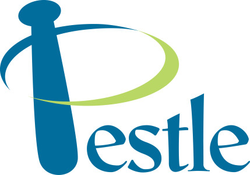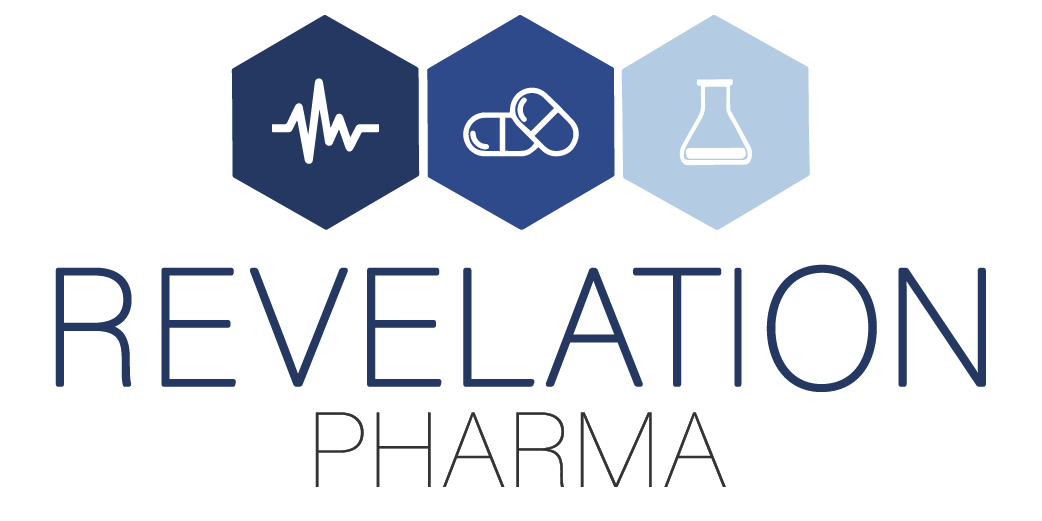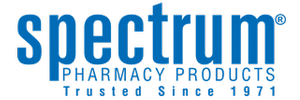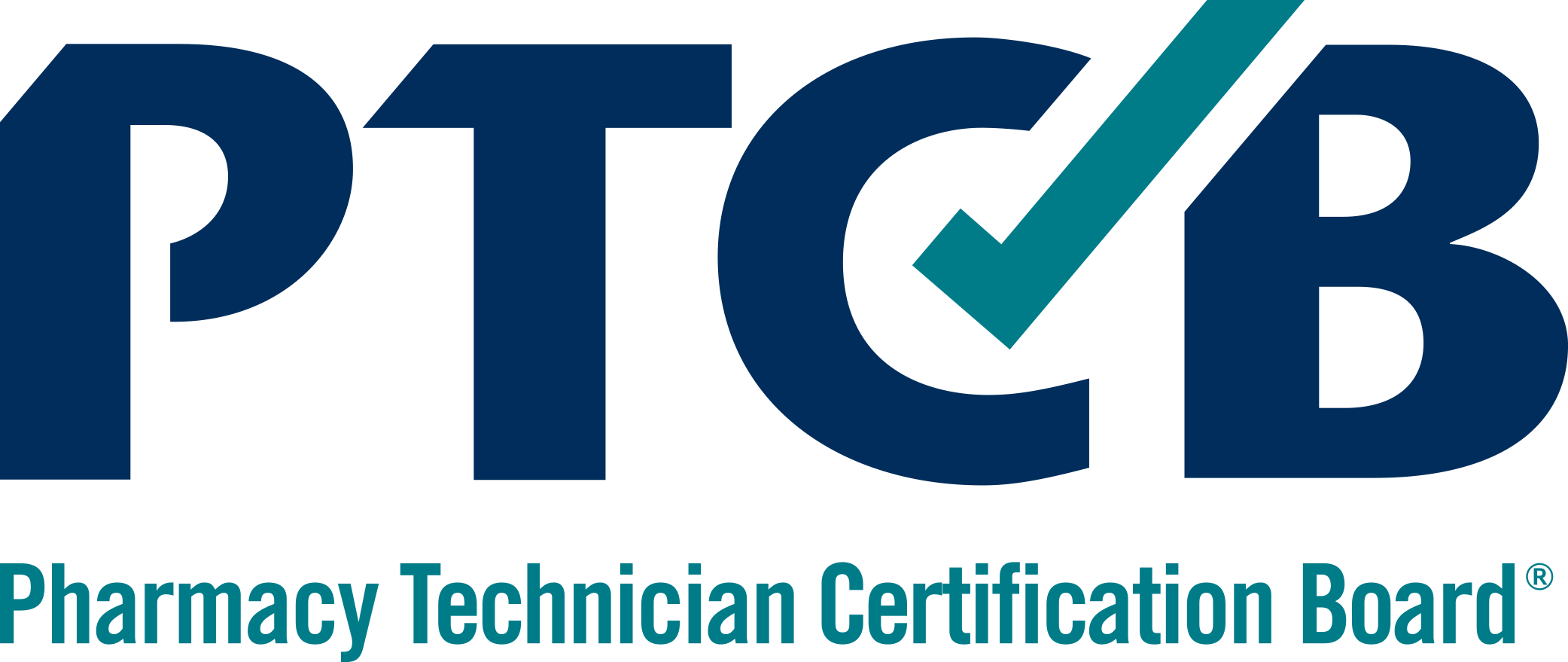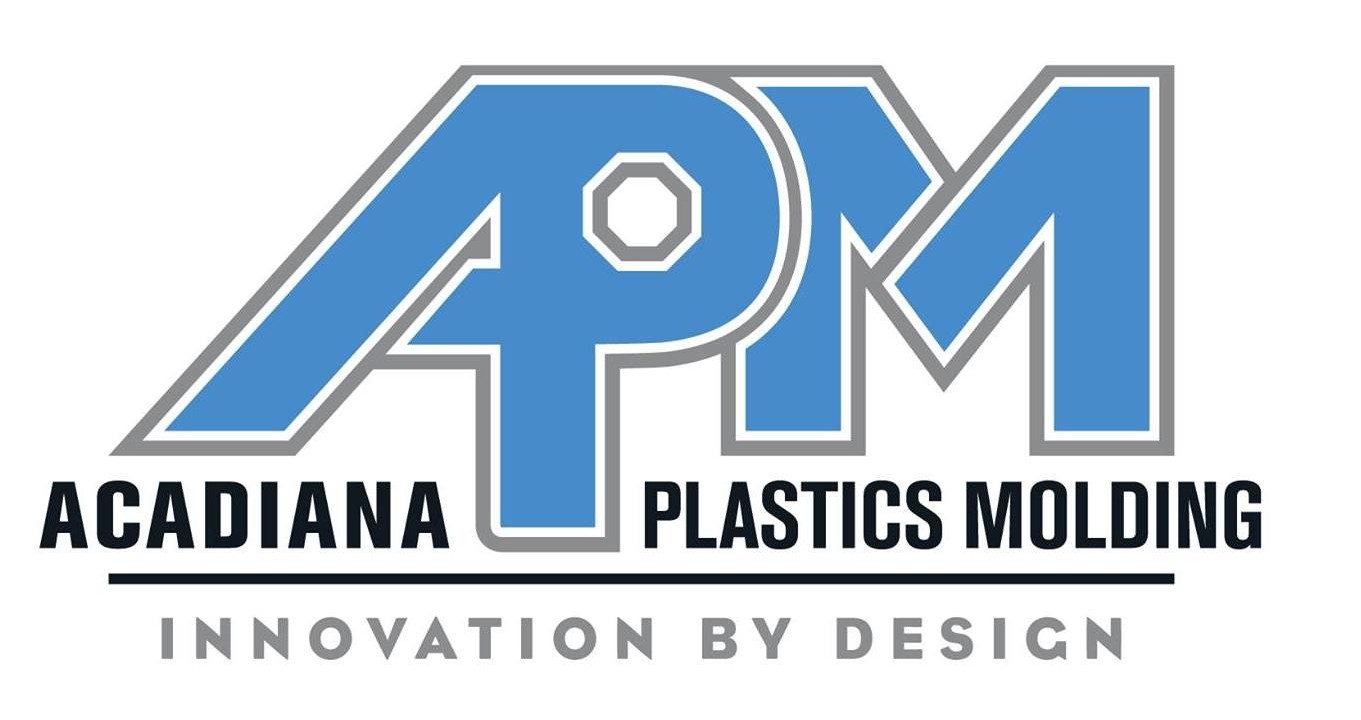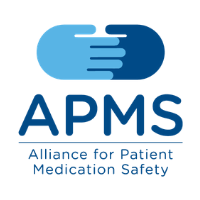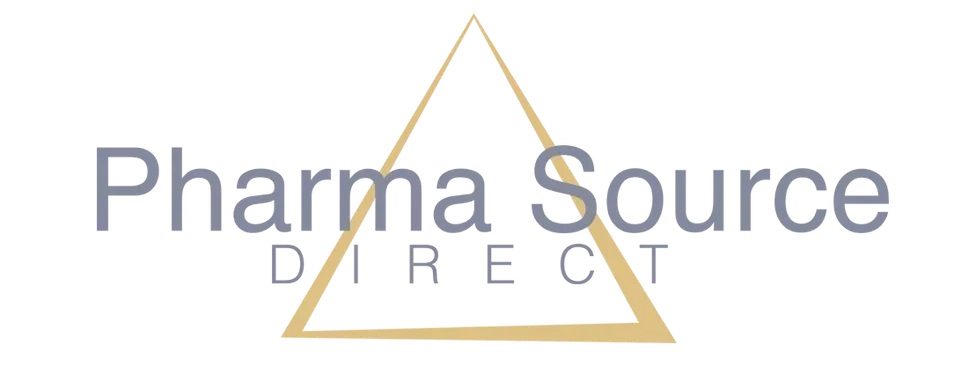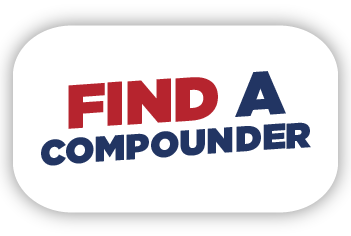August 1, 2020
It’s electric: Delivering sports meds the modern way
Summertime: When the living is easy … and the sports injuries are common. Sure, sometimes rest and “Honey, don’t ever do that again” is all you need, but other times medication is called for. In fact, if you want to be healed enough to go and get that next injury, you might need more than a couple of ibuprofen.
That’s where compounding pharmacists come in. They can help give that next level of care with effective, tailored treatments that make them vital to an injured athlete’s healthcare team.
You know that anti-inflammatory meds are commonly used to treat sports-related injuries — ibuprofen (Motrin) and naproxen (Aleve) are probably in your medicine cabinet. Problem: When taken by mouth, they may cause unwanted side effects for athletes.
That’s where compounding pharmacists come in. They can compound these medications in topical forms — gels and creams — that act directly at the site of the injury without the side effects of oral meds.
But here’s something you may not know: In some cases, topical medications aren’t absorbed well, making them less effective. And thus we come to the word of the day: iontophoresis. (Say it: Eye-on-tow-for-EE-sis.)
Iontophoresis is a way of making certain topical medications more effective. How? By applying a slight electrical current to the area. That not only allows the medication to penetrate the skin and reach target areas, but provides a controlled rate of drug delivery to help reduce side effects. Iontophoresis is becoming more popular, especially within sports medicine, because it makes penetration easier and more effective, and it allows pharmacists to target the drug at inflamed tissues safely and painlessly.

So what’s it good for? Iontophoresis can be used to help treat the following conditions:
- Muscle pulls and tears
- Ligament sprains
- Lateral and medial epicondylitis (tennis or golfer’s elbow)
- Tendonitis
- Bursitis
- Muscle spasms
Iontophoresis can help deliver a lot of drugs, including steroids, NSAIDs (naproxen, ibuprofen), and local anesthetics. Celecoxib (the brand-name version is Celebrex) is one example; using iontophoresis it can help treat acute pain, joint inflammation, and joint injuries. But it’s not alone. Dexamethasone, calcium chloride, hydrocortisone, lidocaine, and even salicylates like good ol’ aspirin can be delivered topically by iontophoresis.
Next time you (or your overly enthusiastic family member) has a sports injury, talk to your pharmacist! He or she can work with your physician to compound a personalized topical medication just for you — and ask about having it delivered by iontophoresis. It can enhances the activity of the drugs, keep the dosing convenient, and get you back in the game faster.
Remember, though, that correctly preparing ingredients for use with iontophoresis is critical to ensuring the success of therapy as well as minimizing side effects. Your friendly compounding pharmacists are the experts!
Should you have trouble finding your commercially made medications, hand sanitizer, or immune boosting vitamin supplements, please consider contacting a compounding pharmacist near you. They’re happy to help you with your health concerns, especially during this difficult time.
Connect with P3 on social media! Please “like” or “follow” our pages and we will provide updates about compounding can help you and your family, and how to advocate to protect your access to customized medications.
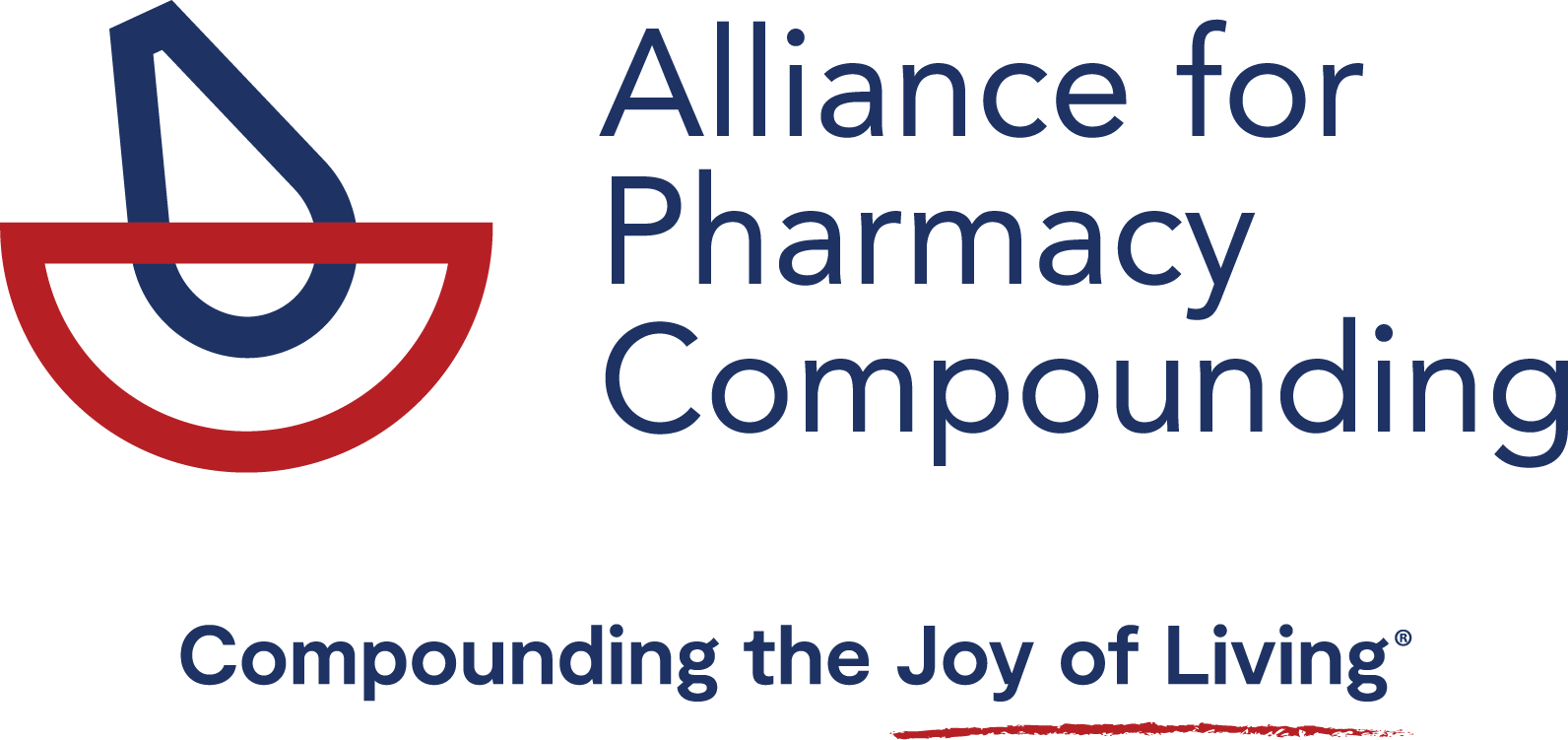




![Topi-CLICK a Division of TEAM Outlines[1]](https://a4pc.org/files/Topi-CLICK-a-Division-of-TEAM-Outlines1.png)

